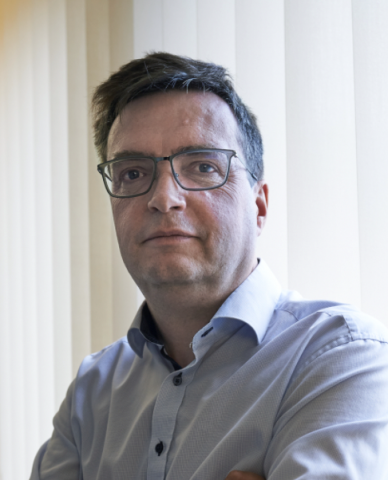The CERN Council unanimously approved changes to the Procurement Rules in June. This is a major success that affects not only the CERN community but also industry in CERN’s Member and Associate Member States. But why were the changes needed and how will they help us all?
Long-overdue changes
Prices in Switzerland have increased fivefold since 1965, yet that was the last time procurement thresholds were set by CERN’s Finance Committee. As a result, contracts of relatively low value required complex tendering procedures. This impacted all stakeholders, even discouraging bids in periods of high demand for supplies or services.
Moreover, by setting a main objective for 2021–2025 of increasing return on investment to its Member and Associate Member States, CERN reinforced its commitment to improving the balance on industrial contracts.
Work began in 2022, benchmarking CERN’s Procurement Rules against EIROforum organisations and the European Commission. Excellent collaboration between Procurement, Finance, the Legal Service and – crucially – the CERN Industrial Liaison Officer (ILO) Forum led to the successful Council presentation in June where the proposed changes to the Rules were unanimously approved.
Thresholds doubled
Benchmarking showed that CERN’s thresholds were much lower than in any other organisation. As a result, all but one threshold are now doubled (see table). This optimises resources, reduces paperwork and increases flexibility across CERN and for our suppliers.
|
|
Previous threshold in CHF |
New |
|
CERN community can make their own orders |
< 1000 |
< 2000 |
|
Price enquiry (DO) handled by Procurement service as from |
5000 |
10 000 |
|
Three bids required as from |
5000 |
10 000 |
|
Single source subject to Finance Committee approval |
200 000 |
200 000 no change |
|
Market survey/invitation to tender required as from |
200 000 |
400 000 |
|
Competitive tender subject to Finance Committee approval |
750 000 |
1 500 000 |
Widened use of limited tendering
Previously, limited tendering was possible only if a Member State had an industrial return coefficient below 0.4. Now, CERN may, if there is sufficient competition, contact only firms proposing supplies and services originating in the 12 Member States with the lowest industrial return coefficient (list reviewed annually). This provides greater flexibility to improve return on investment.
Best value for money
The Finance Committee no longer needs to approve in advance whether a contract will be awarded on a lowest-compliant basis or on a best-value-for-money (BVFM) basis. This saves time, encourages competition and enables environmental aspects to be part of the adjudication criteria. This important change reflects CERN’s approach to environmentally responsible procurement, while retaining a key focus on pricing and other requirements.
All these changes mean more efficient, more attractive procurement. Yet what hasn’t changed is our basic principles. Contracts must meet technical, financial, environmental and delivery requirements, keeping overall costs for CERN as low as possible while striving for balanced industrial return for all the Member and Associate Member States.
Our upcoming CERN Industry Webinar on 18 September will outline how to do business with CERN, as well as our tendering process and procurement needs. Spread the word to your industrial contacts and encourage them to register.

